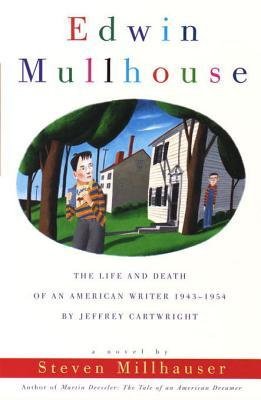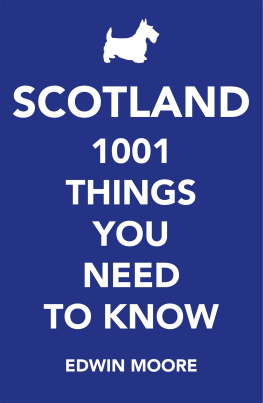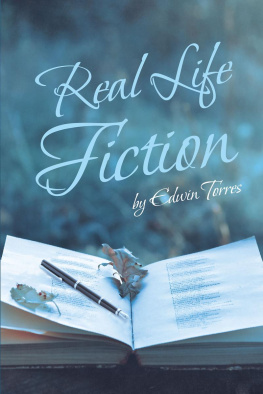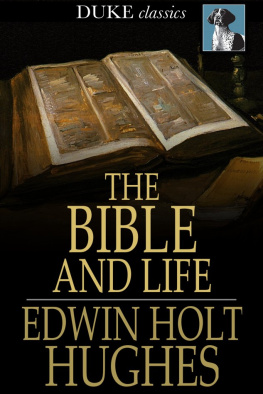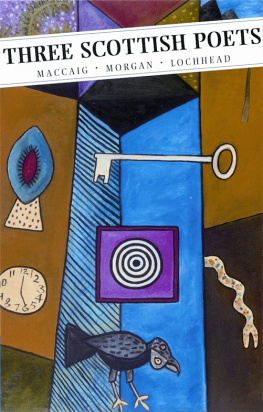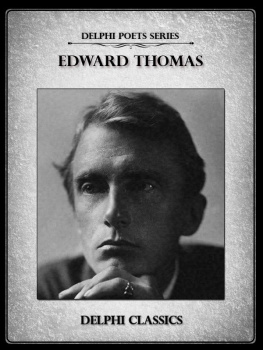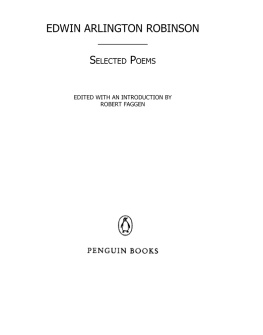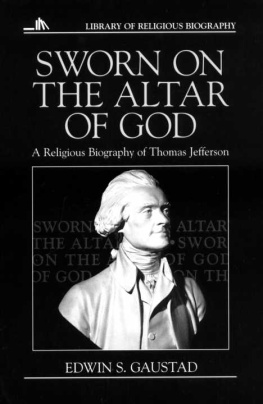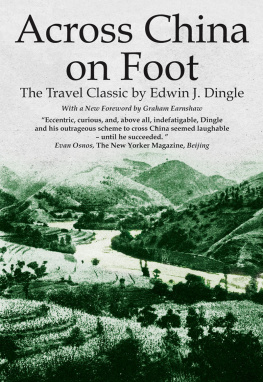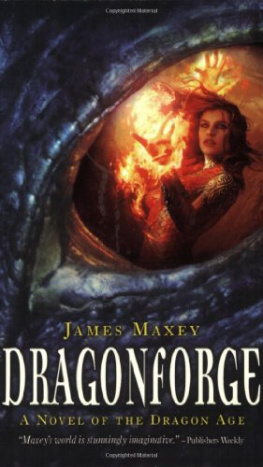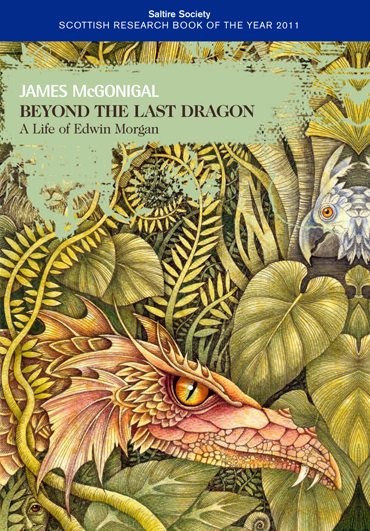
Beyond the Last Dragon
A Life of Edwin Morgan
By the same author
Edited Volumes of Criticism
Sons of Ezra: British Poets and Ezra Pound
(1995), ed. M. Alexander and J. McGonigal.
The Star you Steer By: Basil Bunting and British Modernism
(2000), ed. R. Price and J. McGonigal.
Ethically Speaking: Voice and Values in Modern Scottish Writing
(2006), ed. J. McGonigal and K. Stirling.
Edited Anthologies
A Sort of Hot Scotland: New Writing Scotland 12
(1994), ed. A.L. Kennedy and J. McGonigal.
Last Things First: New Writing Scotland 13
(1995), ed. A.L. Kennedy and J. McGonigal.
Full Strength Angels: New Writing Scotland 14
(1996), ed. K. Jamie and J. McGonigal.
Across the Water: Irishness in Modern Scottish Writing
(2000), ed. J. McGonigal, D. O Rourke and H. Whyte.
Scottish Religious Poetry: From Columba to the Present Day
(2000), ed. M. Bateman, R. Crawford and J. McGonigal.
My Mums a Punk: New Stories and Poems for Children
(2002), ed. T. Breslin, J. McGonigal and H. Whyte.
Poetry
Unidentified Flying Poems
(Garlic Press, 1981).
Driven Home
(Mariscat Press, 1998).
Passage/An Pasaste
(Mariscat Press, 2002).
Beyond the Last Dragon
A Life of Edwin Morgan
James McGonigal
First published in Great Britain in 2010
Sandstone Press Ltd
PO Box 5725
One High Street
Dingwall
Ross-shire
IV15 9WJ
Scotland.
www.sandstonepress.com
All rights reserved.
No part of this publication may be reproduced,
stored or transmitted in any form without the express
written permission of the publisher.
Editor: Moira Forsyth
James McGonigal 2010.
All internal photographs as ascribed.
The moral right of James McGonigal to be recognised as
the author of this work has been asserted in accordance
with the Copyright, Design and Patents Act, 1988.
The publisher acknowledges subsidy from the
Creative Scotland towards this volume.
ISBN e: 978-1-908737-01-4
Jacket design by River Design, Edinburgh.
Front cover image: The Last Dragon by Suzanne Gyseman (private collection)
Ebook by Iolaire Typesetting, Newtonmore.
For EM
expert, crackerjack, old hand
List of Illustrations
Family Pictures 1915c1935
University pre-war, national service and return c19401946
1950s
1960s
1970s
1980s
1990s
2000s
Preface and Acknowledgements
Edwin Morgan is Scotlands best loved poet since Robert Burns. His work is widely read, making immediate contact through its humour, humanity, breadth and variety. He is Scotlands Makar, our other national poet, but not in the least parochial. On the contrary, he has a distinctly international outlook and is a renowned translator of poetry from many languages. Science, exploration, technology and modern city life are key themes in his poetry. Yet the man behind this diverse work is little known.
How his life and his writing interconnect is the subject of this book. I have known the poet for over forty years: he was my lecturer in the 1960s, research supervisor in the 1970s and friend thereafter. In recent years, as he had no immediate family of his own, I became his main contact person, the one to be phoned by his nursing home to help with any difficulties he was experiencing. He was very supportive of this biography and enjoyed reviewing the events and personalities of his own long life. On my weekly visits, we were able to discuss the cultural and personal contexts of his writing as it had developed from the late 1930s onwards.
Detailed research was carried out mainly in the substantial Edwin Morgan collection of papers and manuscripts held in the Special Collections Department of the University of Glasgow Library. It is one of three archives devoted to his work, so prolific was he in poetry, translation, drama, radio and television broadcasts, literary criticism and cultural journalism. He was also a prodigious letter-writer, replying diligently and winningly to correspondents from all over the world. Often he would make carbon copies of early letters that seemed to him significant for his emotional or creative life. Later, once he acquired a photocopier-fax machine suitable for a small business, he could copy and file much of what he sent out to friends and publishers.
All of this material is available in the University of Glasgow collection. It contains not only the record of a busy writing life but almost more than enough in letters, typescripts, photographs, reviews and personal papers for any biographer to cope with. Thus I had little time to examine in detail other riches, such as the 13000 books and early manuscripts of his that are lodged in the Mitchell Library in Glasgow, many with annotations; or the Edwin Morgan Archive in the Scottish Poetry Library in Edinburgh. The Mitchell collection was organised by Hamish Whyte when he was a Senior Librarian there. He was also Edwin Morgans Scottish publisher from the 1980s onwards, as well as his bibliographer. The Scottish Poetry Library archive is essentially Whytes own collection of all the poets publications, painstakingly gathered from obscure and transient literary magazines, as well as the ephemera of his public career as a performer, now made available for new generations of readers.
In all my work, Helen Durndell, Glasgow University Librarian, and David Weston, Keeper of Special Collections and Assistant Director, provided a positive continuation of Edwin Morgans long association with the institution where he first studied and later taught. Sarah Hepworth, Assistant Librarian, gave detailed attention to the many complexities that arose in a project lasting several years, and invaluable help with the poets Scrapbooks and photographs. Details of the referencing system used for the Departments Morgan collection are to be found in the Bibliography, under SpecColl.
Edwin Morgans publishers were similarly supportive. Hamish Whyte shared his own deep knowledge of the poet and his work, with insightful comment throughout and kind permission to quote from collections published by his Mariscat Press. Michael Schmidt of Carcanet Press also allowed full quotation from the various volumes of poetry, translation and drama that he has published since the 1970s, and supported the project with characteristic lan. Robyn Marsack, Director of the Scottish Poetry Library, and Gavin Wallace, Head of Literature at the Scottish Arts Council, were exemplary in their commitment to the poet.
I decided at an early stage not to rely overmuch on secondary work of literary criticism or reviews, although the key works used are listed in the endnotes and Bibliography. It seemed better to let Edwin Morgans own letters, lectures and creative work tell the story of his life. The commentary of poets, friends and academics who knew him is also used, as discussion with them helped him to articulate his intentions as a poet, particularly in the early years. Sustained and generous contact was often maintained at a distance, and several of these individuals have shown his biographer a similar generosity, in conversation or by email, helping me to understand aspects of a complex personality.
Next page

